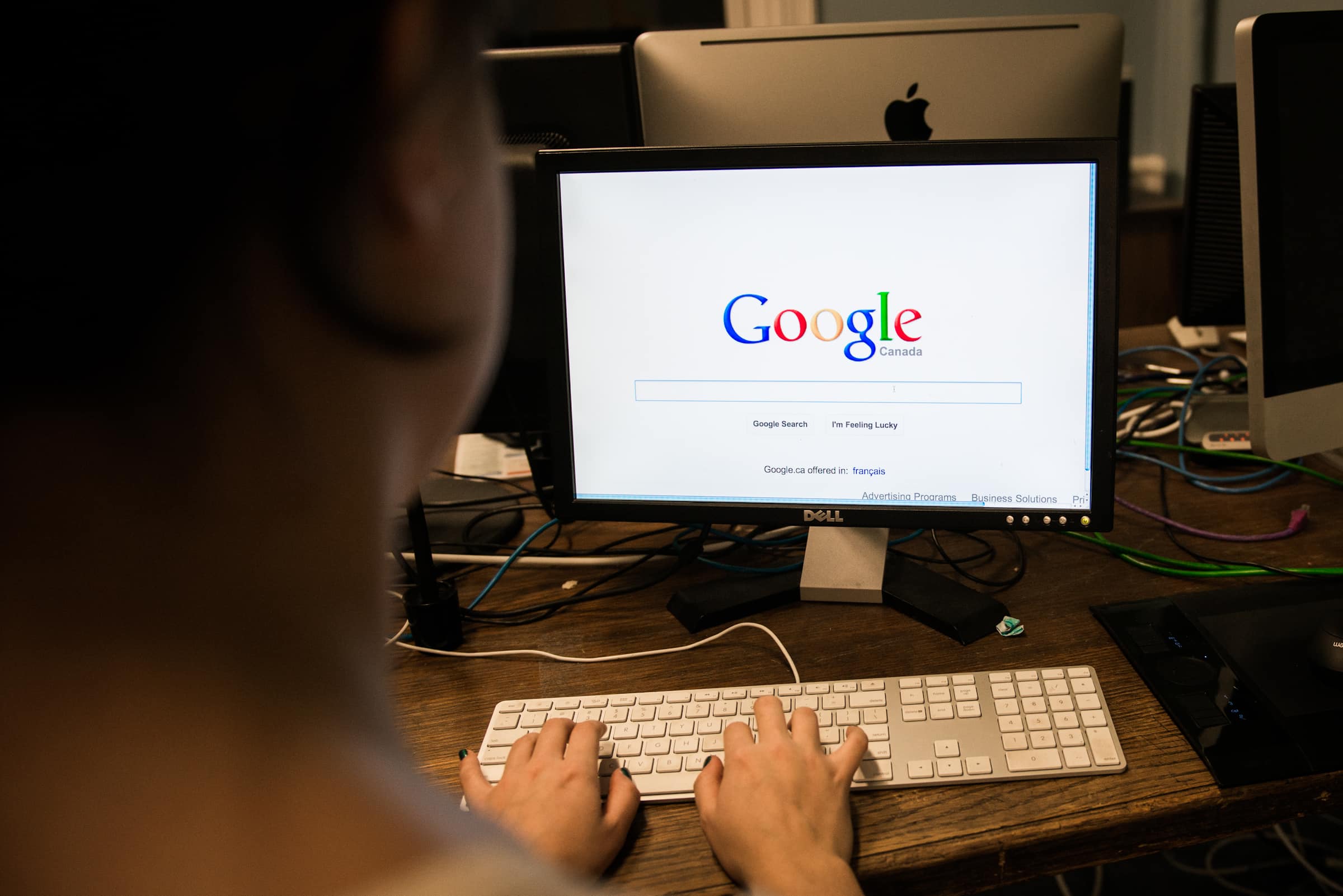The top Google search trends for 2012 were recently released, with the social media site Pinterest coming in first place in Canada. Next in the top 10 terms were superstorm Hurricane Sandy, the London summer Olympics, video game Diablo III, and the most watched video on YouTube, “Gangnam Style.”
Rounding out the top 10 are a variety of terms: the movie The Hunger Games, the controversial American bill, SOPA (Stop Online Piracy Act), the Quebec reality TV show “Star Académie”; the viral video and campaign to stop the head of the Lord’s Resistance Army, KONY 2012 and perhaps the most entertaining in this list, the game ‘Zerg Rush’ (based off of Starcraft’s ‘zergling rush’ attack) which is actually a Google Easter egg that prompts your search results to be ‘eaten’ by a swarm of ‘O’s.
Globally, singer Whitney Houston, “Gangnam Style,” Hurricane Sandy, iPad 3, and Diablo 3 topped the trending searches for this past year.
To compile their list of trending search terms, the Google team studied “an aggregation of over one trillion searches (or queries)” and “filtered out spam and repeat queries to build lists that best reflect the spirit of 2012,” according to Google’s ‘Zeitgeist 2012’ website. No personal data is stored or used to compile the trends. Google differentiates between its “trending” and “most searched” queries; the former are searches with “the highest amount of traffic over a sustained period in 2012 as compared to 2011,” while the latter are terms with “the largest volume of searches,” according to the Zeitgeist 2012 site. This means trending terms better reflect the ongoing reasons Canadians use Google’s search functionality.
Google Trends is a more immediate compilation that correlates up to five search terms and their relative popularity over time. For instance, entering University of Toronto in Google Trends shows that people more frequently search for the university than The Varsity, which in turn is more frequently searched for than David Naylor. The related searches for University of Toronto shows that people also often search for ‘University of Ontario,’ York University, and ‘University of York.’
Immediate results of search queries like Google Trends have been shown to be valuable predictors of real world phenomena. In a 2009 paper published in the science journal Nature, the Google team and the Centers for Disease Control and Prevention provided evidence that some search engine queries are “health-seeking behaviours” that can be used to predict outbreaks of “influenza-like” diseases. The results offer a more immediate way to track early disease outbreak than traditional methods of report (e.g., through confirmed cases by physician visits), which can “reduce the number of people affected,” according to a post on the official Google blog. Currently, other epidemiologists are trying to similarly correlate outbreaks of other diseases to search engine queries. Google uses its disease tracking data to monitor flu trends in 25 countries and dengue trends in 10 countries.
The collection of our search queries, though separated from identifiable personal data, is a part of larger, ongoing discussions regarding the tracing and storage of our online lives. ‘Big Data,’ as the aggregate data of online activity is often called, will likely have further important applications for real-world phenomena as disease tracking has just begun to show. But along with that comes dangers of invasion of privacy that may negatively impact some people’s ability to access insurance coverage based on the aggregate internet data for their similar demographic. Law professor Lori Andrews argued, in a New York Times article last February, that the practice of “redlining” — the term used to describe “the practice of bank officials who drew a red line on a map to indicate where they wouldn’t invest [based on race and socioeconomic data on neighbourhoods],” says Andrews — may soon be used to discriminate against people based on their digital selves. Andrews suggests that a person could conceivably be “refused health insurance based on a Google search you did based on a medical condition.” While such implications may come sooner than we expect or know, until then, data aggregation can provide us with important models for real-world phenomena and remind us of our collective adulation of Pinterest and Psy’s horse-like Gangnam Style dance.


